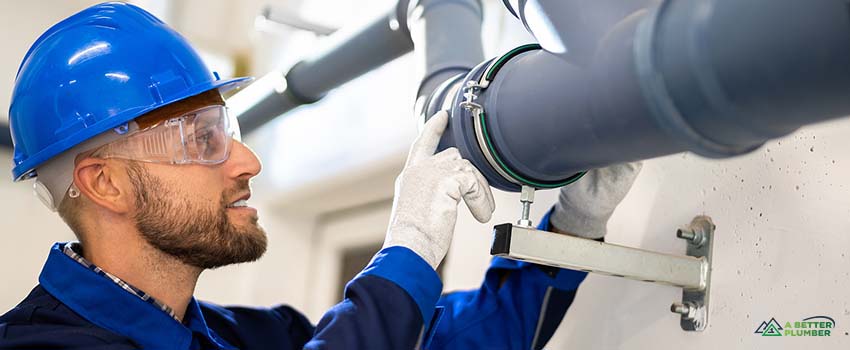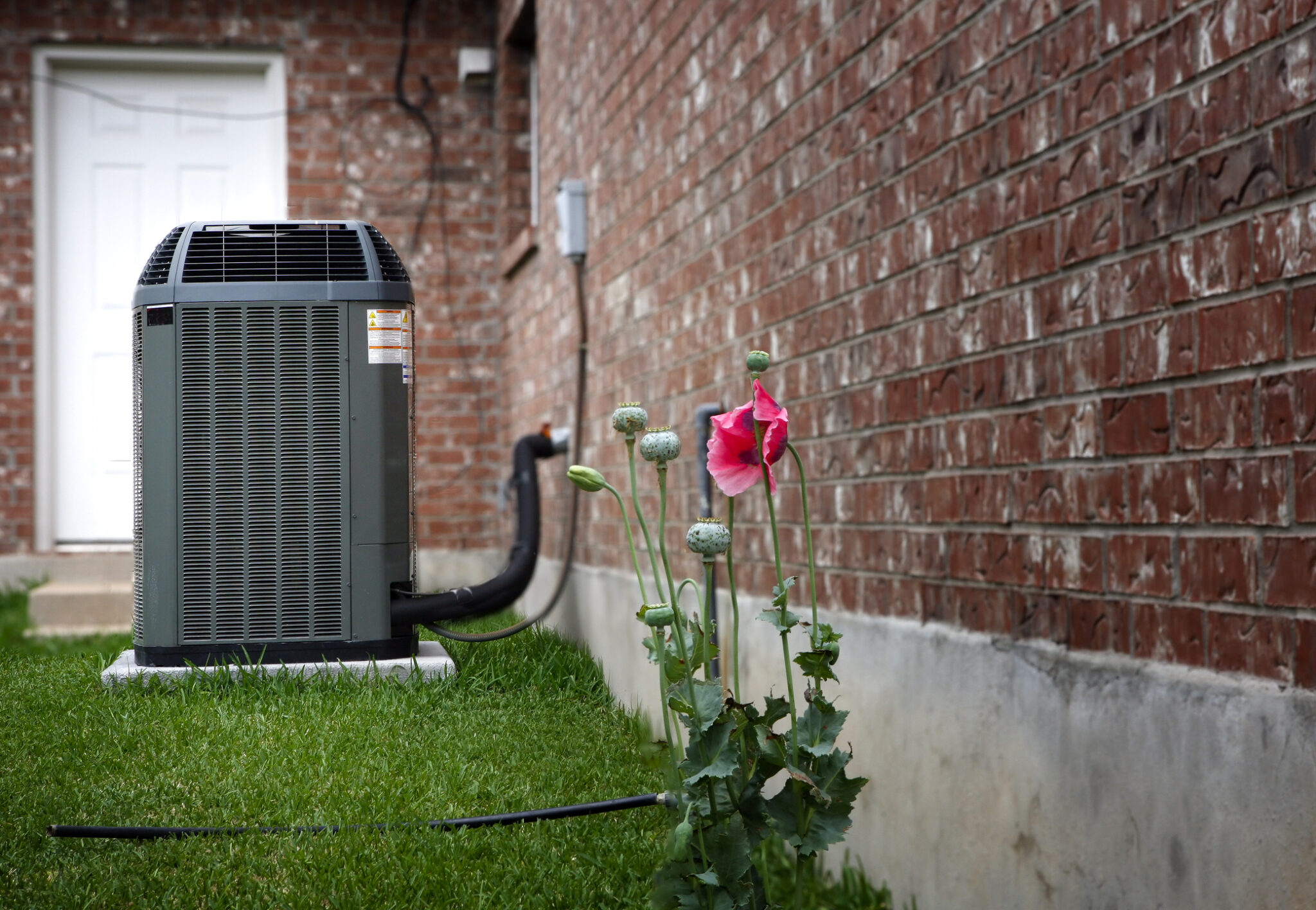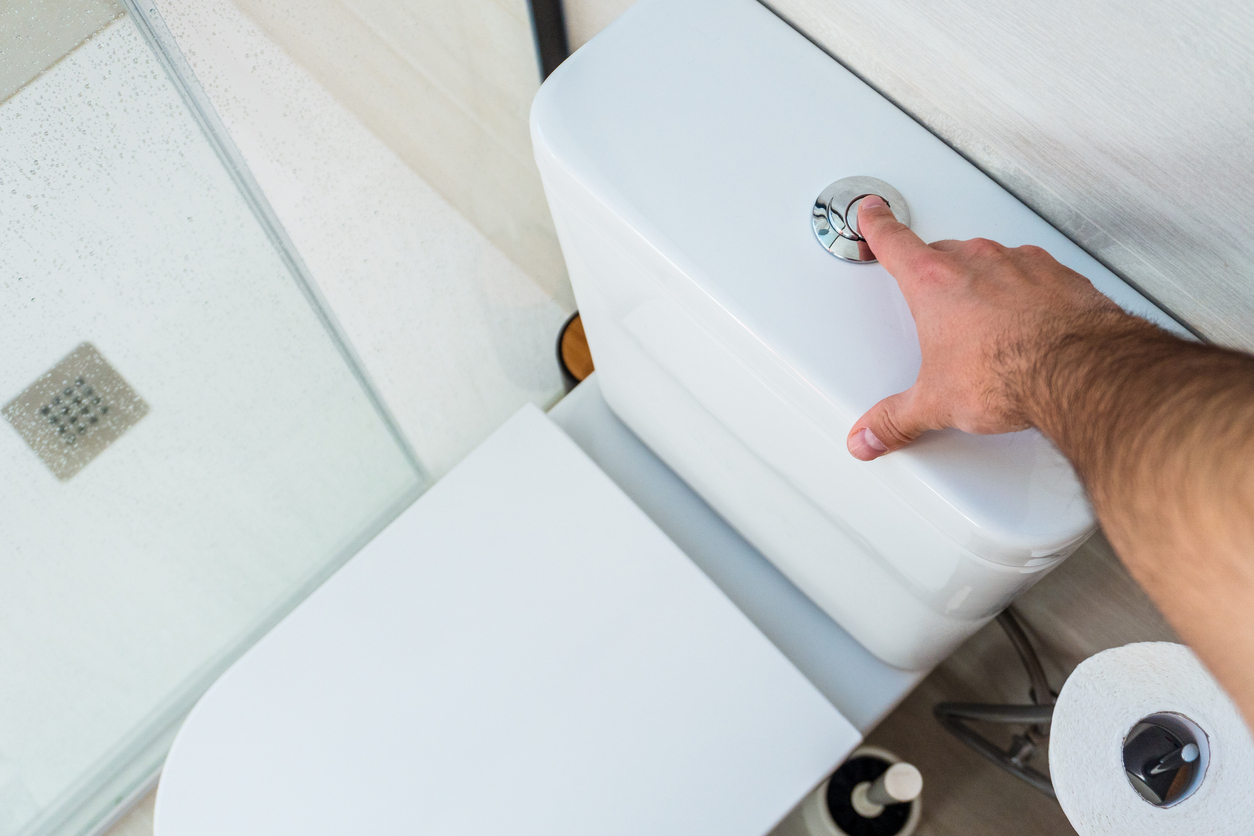PEX vs PVC: Which Is The Better Pipe?
Plumbing Issues and Sustainability
Like many modern-day homeowners, we probably don’t spend that much time thinking about plumbing stuff except perhaps when the PVC pipes suddenly burst in the middle of the night. Yet, plumbing is one of the most essential technologies that man has ever developed. It has enabled us to enjoy clean and safe water that we normally use for bathing and drinking.
Without a doubt, the plumbing industry is not without its share of issues. Many of these have to do with the installation and maintenance of the pipes. These plumbing concerns continue to persist to this day. For this reason new technologies continue to be explored like doing away with expensive copper pipes, opting for cheaper PEX pipes, developing weather-resistant PVCs, and putting to rest the unresolved PEX vs PVC debate.
Winter Water Damage and How Plastic Pipes Developed
Sudden and extreme changes in weather conditions is another cause of concern among plumbing specialists. This is because they can impact the performance of pipes and in some cases, even their life expectancy.
In the early years of the business, copper pipes were found to be ideal plumbing materials as they are capable of withstanding both the harsh winter season and the scorching heat of summer. However, these pipes are quite expensive which is why alternatives like PVC piping and other plastic-based plumbing materials were looked into.
With PVCs, the installation cost is more manageable when compared to copper pipes. A drawback to these types of plastic water pipes though is their incapability to handle hot water. Meanwhile, during the cold season, water that flows through these pipes may freeze, and if the pressure becomes too strong, they will likely burst.
Nevertheless, plumbing with plastic pipes soon became a preferred option for many plumbers. This is largely because plastics were easier to use than copper. When improvements were introduced to the plastic manufacturing industry sometime in the 60s, plastic pipes gained even more popularity.
Characteristics of New Plumbing Plastic Pipes
There are many types of plastics today that can be used to make pipes and for a variety of purposes. These include PVC, PEX, and CPVC pipes, just to name a few.
CPVC Pipe Characteristics
This is one of the types of PVC pipes that has been chlorinated (treated with chlorine). CPVC pipes are often used in industrial settings because they are resistant to high temperatures and pressure.
In the home, CPVC pipes are great at carrying drinking water while ably handling hot water lines. This makes them more flexible when ranged against PVCs. However. since they have PVC fittings, CPVC pipes can crack if the water than runs through them freezes, a scenario that can take place during the winter season.
PVC Pipe Characteristics
Of the many types of plastic water pipe available on the market, this one is probably the most familiar among homeowners. That’s because PVCs are commonly used as the primary water line in many residential houses. They are usually seen as part of a kitchen sink, a toilet drain, and as shower drain lines.
Since they are more resistant to rust and corrosion compared to other plastic pipes, PVC tubes are great choices when it comes to water line installation projects. They are also highly durable and can effectively handle strong water pressure.
Compared to earlier forms of water pipes like copper and galvanized steel, PVCs are a lot lighter which make them easier to use. The smooth inner lining of the PVC pipe likewise makes it less susceptible to sediment buildup which can lead to blockages.
There are some drawbacks to using a PVC pipe though. Its limited size can pose problems for large-scale water projects and its inability to withstand high temperatures can lead to unwanted and premature replacements.
Although PVC piping is compliant with the standards set by the American National Standards Institute it can introduce polyvinylchloride chemicals into your drinking water. This could potentially cause respiratory and reproductive problems to some people. For this reason, several states have passed ordinances that prohibit the use of PVC plumbing pipes when it involves carrying drinking water.
PEX Pipe Characteristics
What is a PEX pipe? This is a plastic pipe type produced when polyethylene is melted under high density and extruded in tube form. Although PEX piping was made available in the US market more than four decades ago, the material gained rapid popularity in recent years.
Also known as cross-linked polyethylene, PEX pipes are becoming popular as they are affordable plastic tubings that can be conveniently used as part of a water supply line installation. PEX is also similar to PVCs in many ways because like the latter, a PEX pipe can prevent corrosion or rust from mixing with your water, making it safe to use.
Because they can be woven through walls, ceilings and crawl spaces, it’s not surprising that PEX plumbing has become the preferred process of many professional plumbers. They are strong enough to withstand strong water pressure and exhibit great flexibility. allowing for quick and easy installation.
In terms of expenses, however, PEX materials are more costly when compared to PVCs. This can be a source of concern among homeowners who are running on a tight budget while trying to complete their water piping works.
PEX vs PVC: What are the Differences?
It has become apparent that PVC and PEX are two of the preferred pipes nowadays when it comes to plumbing projects. Some people even believe that switching from PVC to PEX is worth considering if only to meet current plumbing needs.
Although these two plastic pipes do share several similarities, differences also exist between them. These are discussed in three distinct areas below:
Longevity
PEX pipes can last almost as long as copper, with its shell life running anywhere from 40 to 50 years. PVCs meanwhile, have a longer life expectancy at about 70 years for as long as they are maintained well.
Accessibility
PVCs are practically available in every single hardware store and are quite affordable which is one reason they remain popular among homeowners On the other hand, many PEX-based pipes can be quite expensive, with some models costing nearly as much as copper pipes.
Sustainability
Many of the components of a PVC pipe have recyclable parts so when its life comes to an end, some of these parts can still be put to good use. This is not exactly the case with PEX pipes.
Nevertheless, PEXs are known for being flexible. Plumbers can easily adjust these pipes in terms of shape and size which is sometimes needed when there are sudden changes in piping directions. This plastic pipe model is also highly compatible when matched with other pipe types. Good examples are copper pipes which work well alongside PEXs partly because of their corrosion-resistant crosslinked polyethylene element.
What Your Plumber Can Tell You About Modern Plumbing Pipes
Given the advancements in the plumbing world, the veteran plumber is expected to be familiar with all the available pipe types. Armed with this knowledge, he should be able to effectively identify which piping system is most suitable for your unique water line requirements. He can lay out a detailed pipe plan for you and hold a lively discussion on plumbing basics as well as explain modern plumbing techniques.
If you’re at a loss as to PVCs and PEXs differ from one another, your plumber should also be able to clarify this for you Is it possible to switch your piping system from PVC to PEX? The answer is in the hands of the plumber you decide to hire.
In other words, for a plumber to be considered good at his job, he should be able to answer all your questions about plumbing, especially those that will impact his modern and technology-filled world.
Contact Absolute Electrical Heating and Air for All Your Plumbing Needs
Now that you have a good idea on the different types of plumbing pipes and what will work best for your home, the next step is to find the plumbing company that can provide the service that you are looking for.
Absolute Electrical Heating and Air is the one you need to contact if your problem has to do with plumbing. We are the experts in the industry and our Denver plumbers are proven experts who can readily answer all plumbing queries, including a satisfactory response to the great PEX vs PVC debate. Call us today for more details about the services that we can extend to you!
CONTACT US
Request Service


Save Every Year with an Absolute Advantage Membership
Expert Annual System Safety Inspections & More
- Priority service
- Waived dispatch fees
- Yearly furnace, A/C, & electrical system inspections
- 10% discount on repairs and additional diagnostic services
- Up to $500 off HVAC & electrical panel replacements








